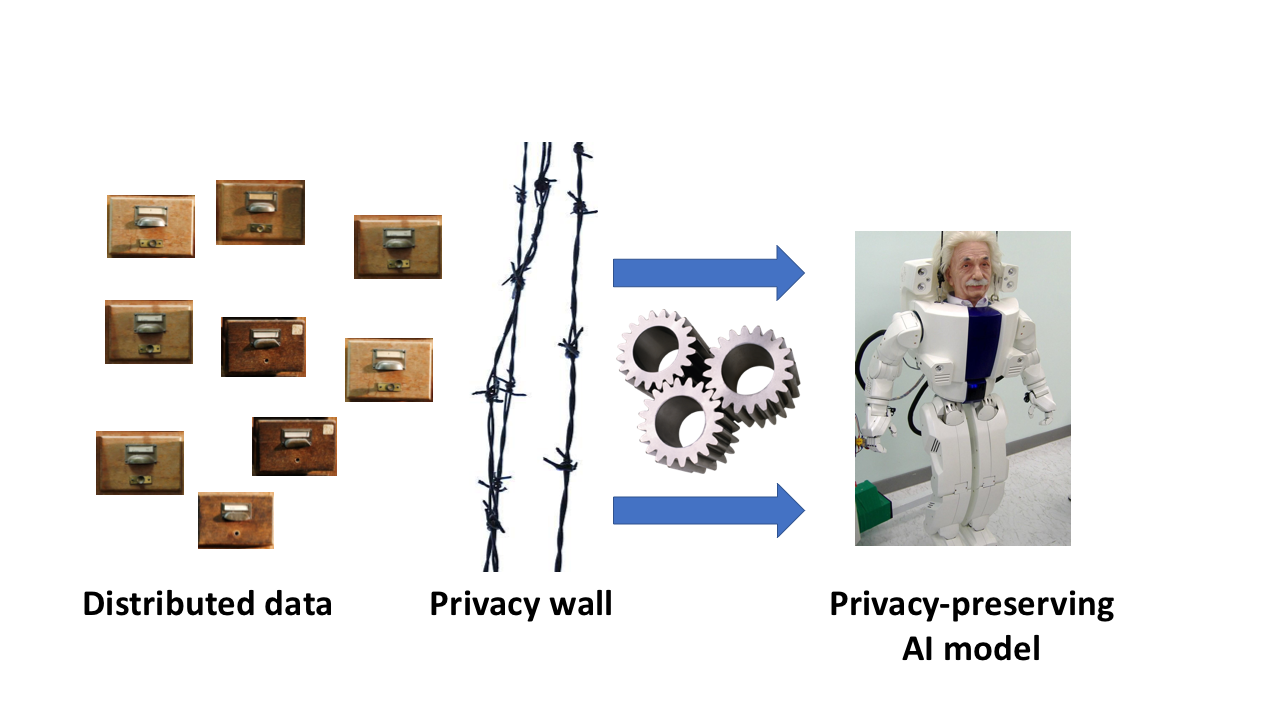Finnish Center for Artificial Intelligence received €1M funding from The Future Makers program of the Technology Industries of Finland Centennial Foundation and the Jane and Aatos Erkko Foundation. They have awarded funding for seven research projects with 3.2 million euros in total. The projects take on issues that are set to shape the future of humankind.
The largest individual funding from the foundations, one million euros, went to the Finnish Center for Artificial Intelligence. FCAI is building a nation-wide competence center that brings together the top artificial intelligence research across fields in Finland.
With the funding, FCAI will build an AI software toolbox to enable companies to have a smoother transition into using artificial intelligence methods. Even though AI has been talked about the world over for quite some time now, it’s full potential still remains largely untapped. The development of new solutions is slowed down by a lack of top experts, of which there’s already a fierce global competition.
‘We are designing software tools with which companies can develop the AI solutions they need—instead of building AI-assisted software tools from scratch. This means you can apply AI without having extensive in-depth knowledge of AI. Our overall goal is to enable the Finnish technology industry to retain control over the core AI technology they use,’ says Samuel Kaski, Academy Professor at Aalto University.
Lappeenranta University of Technology and Aalto University will jointly a run a group led by Professor Aki Mikkola and FCAI Professor Perttu Hämäläinen (Aalto University) who will will fashion a new way to control machinery with a combination of AI and high-performance computing. The machinery would then be able to comprehend the causality behind different kinds of motion and operate independently even in dynamic surroundings. The project received 230.000 euros from the foundations.
The teams of Aalto University Professors Katja Hölttä-Otto and Mikko Sams received a 200.000-euro funding for their research on making empathy part of technology development. Their goal is to increase designers’ understanding of the needs and behavior of end-users so that the finished products or services meet actual needs.
Press release from Technology Industries in Finland (in Finnish): teknologiateollisuus.fi/fi/ajankohtaista/uutiset/tutkijat-laittavat-tekoalyn-toihin-saatioilta-32-miljoonaa-tekoalyn
Further information:
Laura Juvonen
CEO, Teknologiateollisuuden 100-vuotissäätiö
tel. +358 40 589 6263
laura.juvonen@teknologiateollisuus.fi
Marja Leskinen
Secretary General, Jane and Aatos Erkko Foundation
tel. +358 40 514 6969
mkl@jaes.fi





